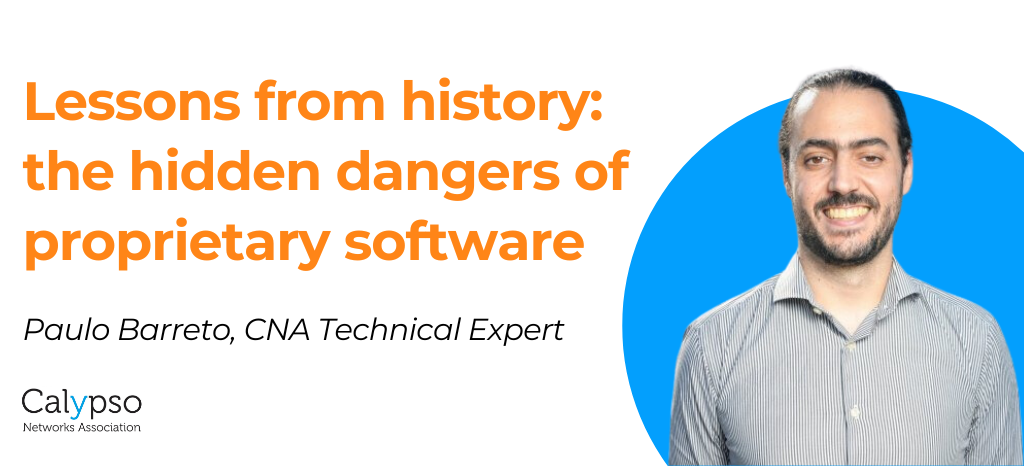
Lessons from history: the hidden dangers of proprietary software
- By Chaix Manon
- In

Fields marked * are required
The open standard specifications from Calypso are create by the transport ticketing community, for the transport ticketing community. The give transport operators and authorities control of their ticketing network.
Many of these technical documents are free for anyone to access. However, some documents are reserved to members of Calypso Networks Association (CNA), including implementation notes and audit information.
If you wish to increase your access level, please follow the guidance below.
Anyone can access this document, without registering an account.
If you are not currently a member, click here for information on fees and to Apply to join.
You must be a signed-in CNA Member and have submitted a signed Non-Disclosure Agreement to access these documents. For more information and to request an NDA, please get in touch via [email protected].